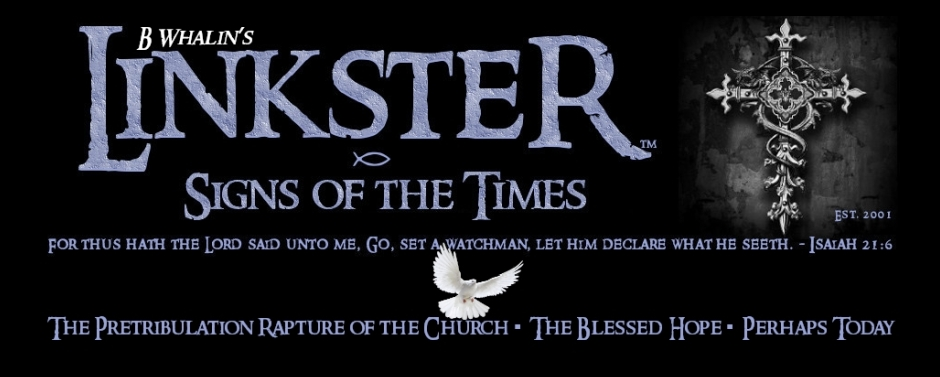
James Madison
Fourth President of the United States (1809-1817)
“Father of the Constitution”
The Key Champion and Author of the United States Bill of Rights
“Father of the Constitution”
The Key Champion and Author of the United States Bill of Rights
On ‘Tyranny & Oppression in America’
Henry Kissinger Quote On Implementing The New World Order:
 “Today Americans would be outraged if U.N. troops entered Los Angeles to restore order; tomorrow they will be grateful. This is especially true if they were told there was an outside threat from beyond, whether real or promulgated, that threatened our very existence. It is then that all peoples of the world will plead with world leaders to deliver them from this evil. The one thing every man fears is the unknown. When presented with this scenario, individual rights will be willingly relinquished for the guarantee of their well being granted to them by their world government.” -Henry Kissinger, 56th U.S. Secretary of State
“Today Americans would be outraged if U.N. troops entered Los Angeles to restore order; tomorrow they will be grateful. This is especially true if they were told there was an outside threat from beyond, whether real or promulgated, that threatened our very existence. It is then that all peoples of the world will plead with world leaders to deliver them from this evil. The one thing every man fears is the unknown. When presented with this scenario, individual rights will be willingly relinquished for the guarantee of their well being granted to them by their world government.” -Henry Kissinger, 56th U.S. Secretary of StateBiography
James Madison, Jr. (March 16, 1751 – June 28, 1836) was an American statesman and political theorist, the fourth President of the United States (1809–1817). He is hailed as the “Father of the Constitution” for being instrumental in the drafting of the United States Constitution and as the key champion and author of the United States Bill of Rights. He served as a politician much of his adult life. » Full Bio
» See All ‘Quotable Quotes’
This Day In History 78 Years Ago
Chinese Communists - October 20, 1935
Chinese Communists - October 20, 1935
Mao’s Long March Concludes

Just over a year after the start of the Long March, Mao Zedong arrives in Shensi Province in northwest China with 4,000 survivors and sets up Chinese Communist headquarters. The epic flight from Chiang Kai-shek's Nationalist forces lasted 368 days and covered 6,000 miles, nearly twice the distance from New York to San Francisco.
Civil war in China between the Nationalists and the Communists broke out in 1927. In 1931, Communist leader Mao Zedong was elected chairman of the newly established Soviet Republic of China, based in Kiangsi province, in the southwest. Between 1930 and 1934, the Nationalists launched a series of five encirclement campaigns against the Soviet Republic. Under the leadership of Mao, the Communists employed guerrilla tactics to successfully resist the first four campaigns, but in the fifth, Chiang raised 700,000 troops and built fortifications around the Communist positions. Hundreds of thousands of peasants were killed or died of starvation in the siege, and Mao was removed as chairman by the Communist Central Committee. The new Communist leadership employed more conventional warfare tactics, and its Red Army was decimated. » Full Article
Significant Events This Day In History
» History» Ultimate History Quiz
“The Ultimate History Quiz features thousands of questions about American and global history trivia. Play now to challenge your friends, and see how you stack up to the competition.”


